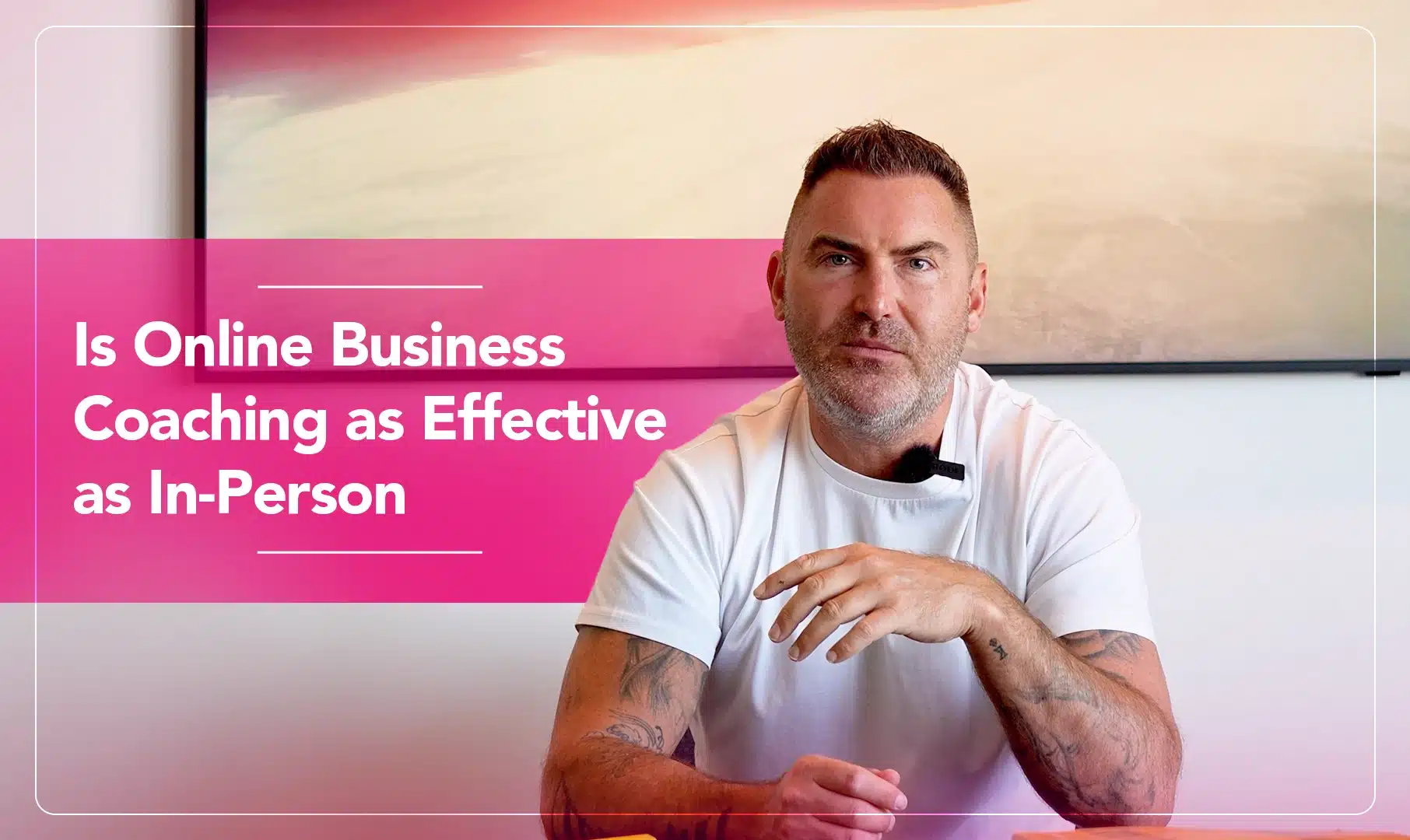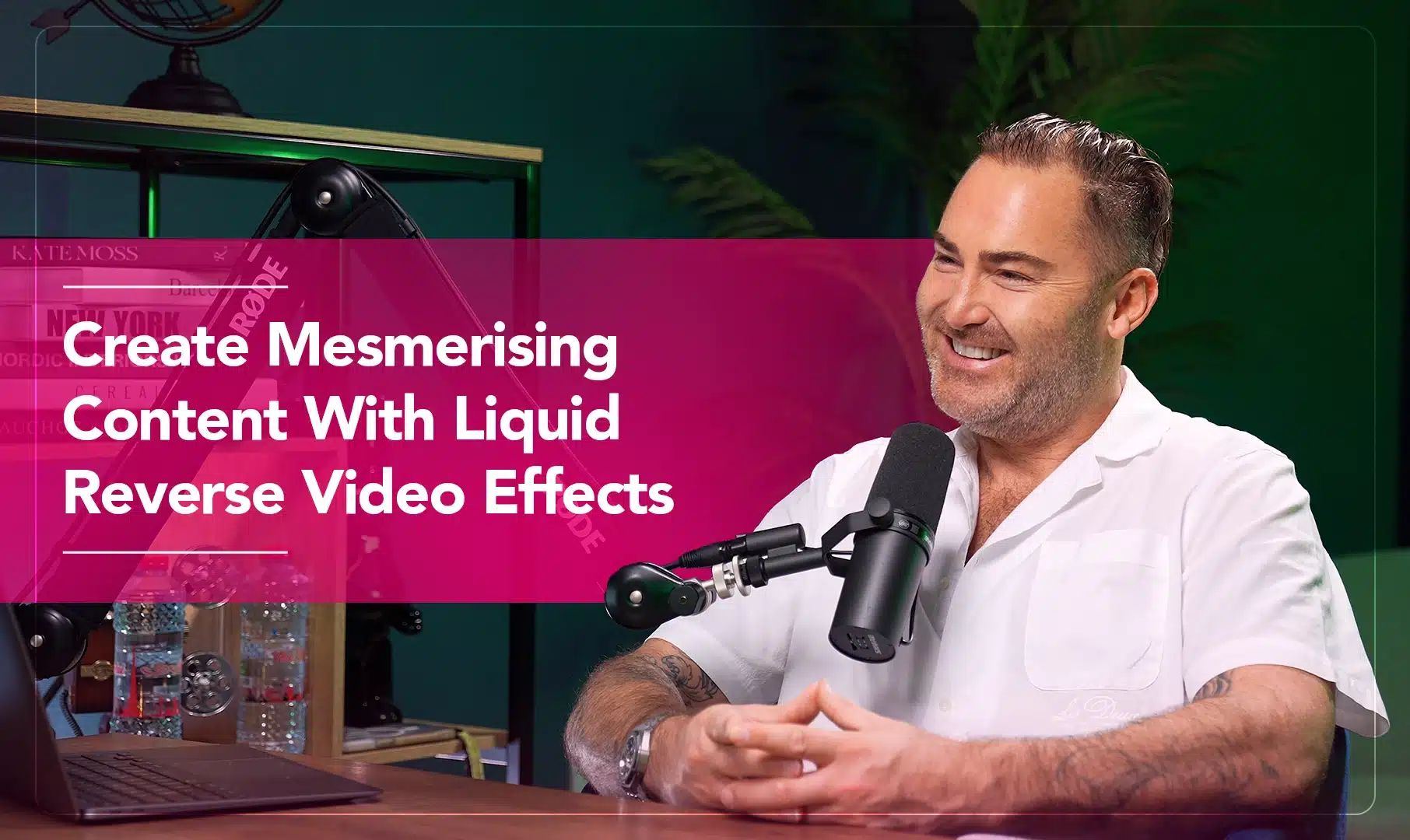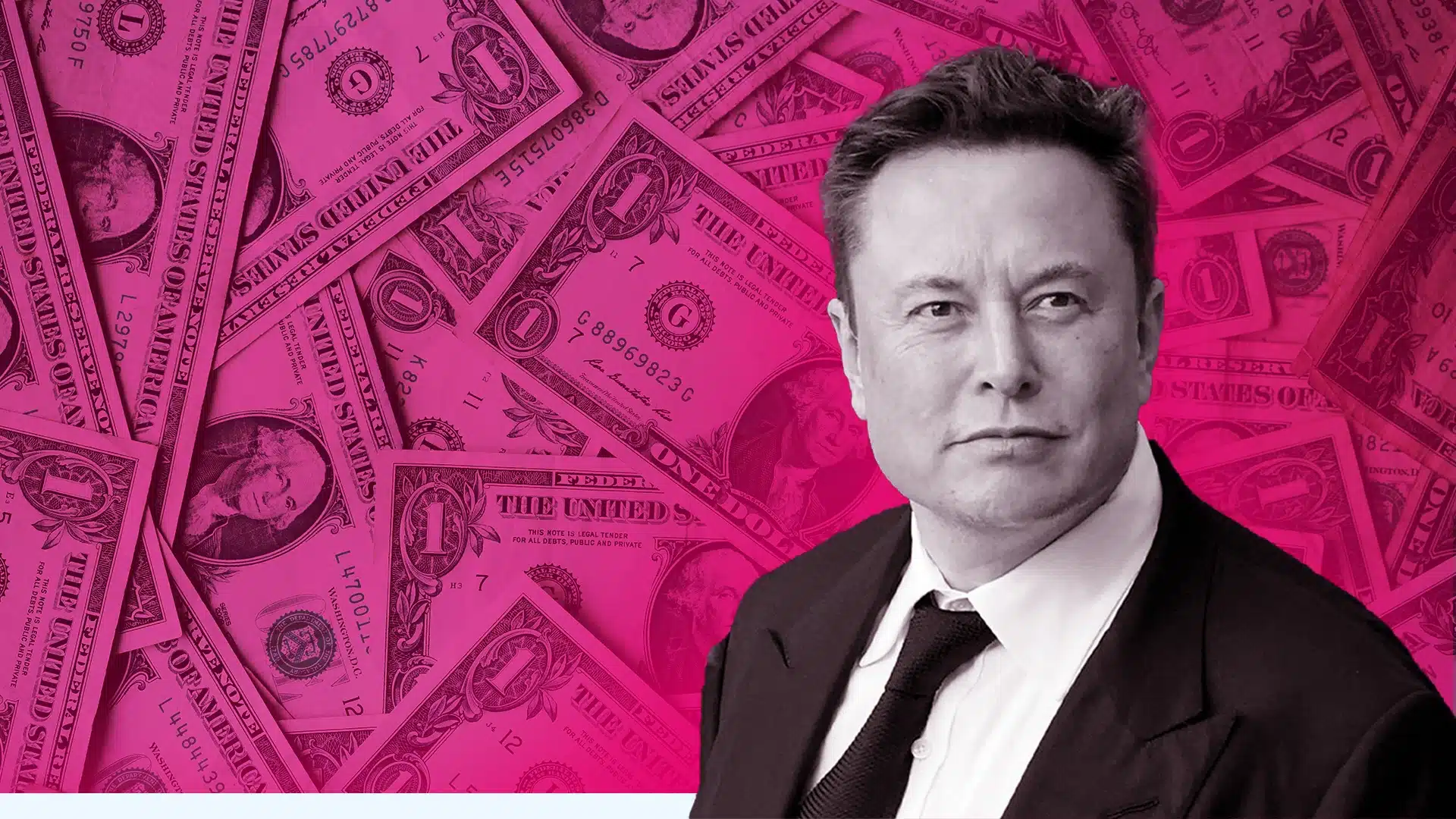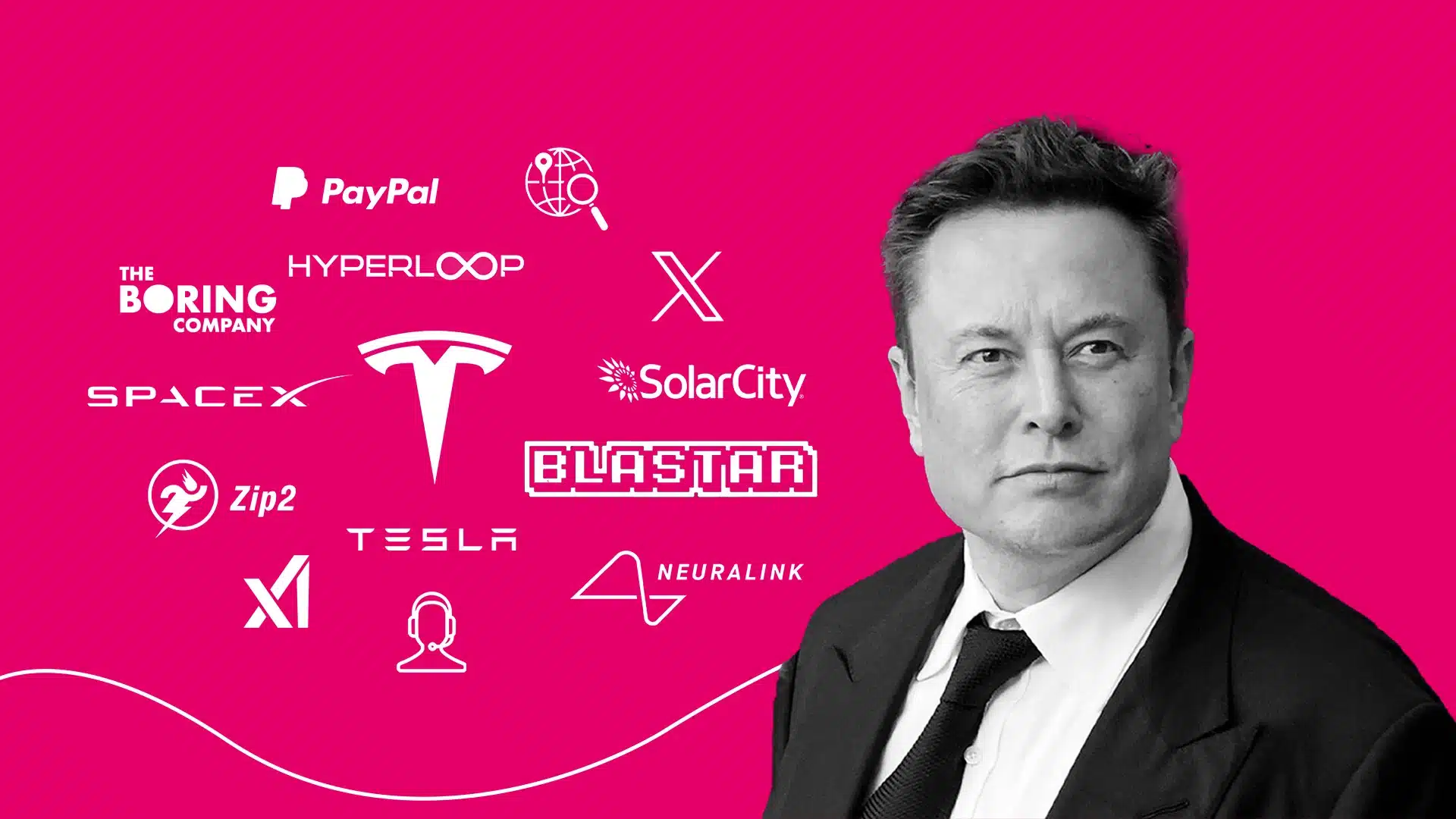
Key Business Lessons from Queen Victoria’s Drug Empire
Discover how Queen Victoria built history’s biggest

Creative Uses for Your Start-Up Loan: Beyond Stock and Premises
Discover creative ways to use your

Where to Invest in the UK: Top 10 Business Opportunities for the Next Decade
Explore the top 10 UK business opportunities

Donald Trump’s Social Media Strategy – Lessons for Business Growth
Discover how Donald Trump’s social media tactics

Top 9 Investment Opportunities in Dubai Right Now
Discover the top investment opportunities in Dubai

Is Online Business Coaching as Effective as In-Person?
Discover whether online business coaching matches the

How to Choose a Marketing Consultant for Your Small Business
Learn tips for selecting a marketing consultant

From Pour to Splash: Playing With Liquid Reversals For Mesmerizing Content
Discover how reverse video effects turn everyday

Donald Trump’s Speaking Style – Love It or Hate It, It Works
Explore the effectiveness of Donald Trump’s speaking

Top 10 Best Business Speakers for Events (UK 2025 Edition)
Discover the top business speakers for events



Best 10 Startups in Dubai (2025 Edition): Innovation, Growth & Opportunity
Dubai is one of the world’s most

How Much Is Donald Trump Worth? (2025 Update)
As President of the United States, Donald

No Bollocks with Neil Patel: Why Business Owners Must Rethink Marketing in 2025
The old-school way of only using Google

Top 10 Common Startup Mistakes (and How to Avoid Them)
Avoid the most common start-up mistakes that

Beyond Base Camp: Lessons I Learnt From Everest
Read all about my experiences climbing to

Why Ambitious Dubai Start-Ups Need Business Speakers to Inspire Growth
Discover why Dubai’s start-ups thrive with the

Measuring ROI of Motivational Business Speakers (2025 Guide)
Learn how to measure the ROI of

10 Signs Your Business Needs a Professional Business Advisor
Learn about the top 10 signs your

7 Best Types of Business Loans for Startups in the UK
Discover the best business Loans for startups


Elon Musk’s Top 13 Inventions That Changed the World
Elon Musk, often compared to a real-life

How Quick Small Business Loans Fuel Long-Term Growth (4 Key Strategies)
Learn how quick small business loans can
Subscribe To Matt's Newsletter
Matt's Podcasts

STRIPPING OFF WITH MATT HAYCOX
Welcome to 'Stripping Off with Matt Haycox,' where we bare it all on business, money, and life. Get ready to peel back the layers of success with the Funding Guru himself, Matt Haycox.

NO BOLLOCKS WITH MATT HAYCOX
Welcome to "No Bollocks with Matt Haycox," the ultimate business podcast for entrepreneurs, CEOs, and anyone looking to climb the career ladder without the bullshit.
